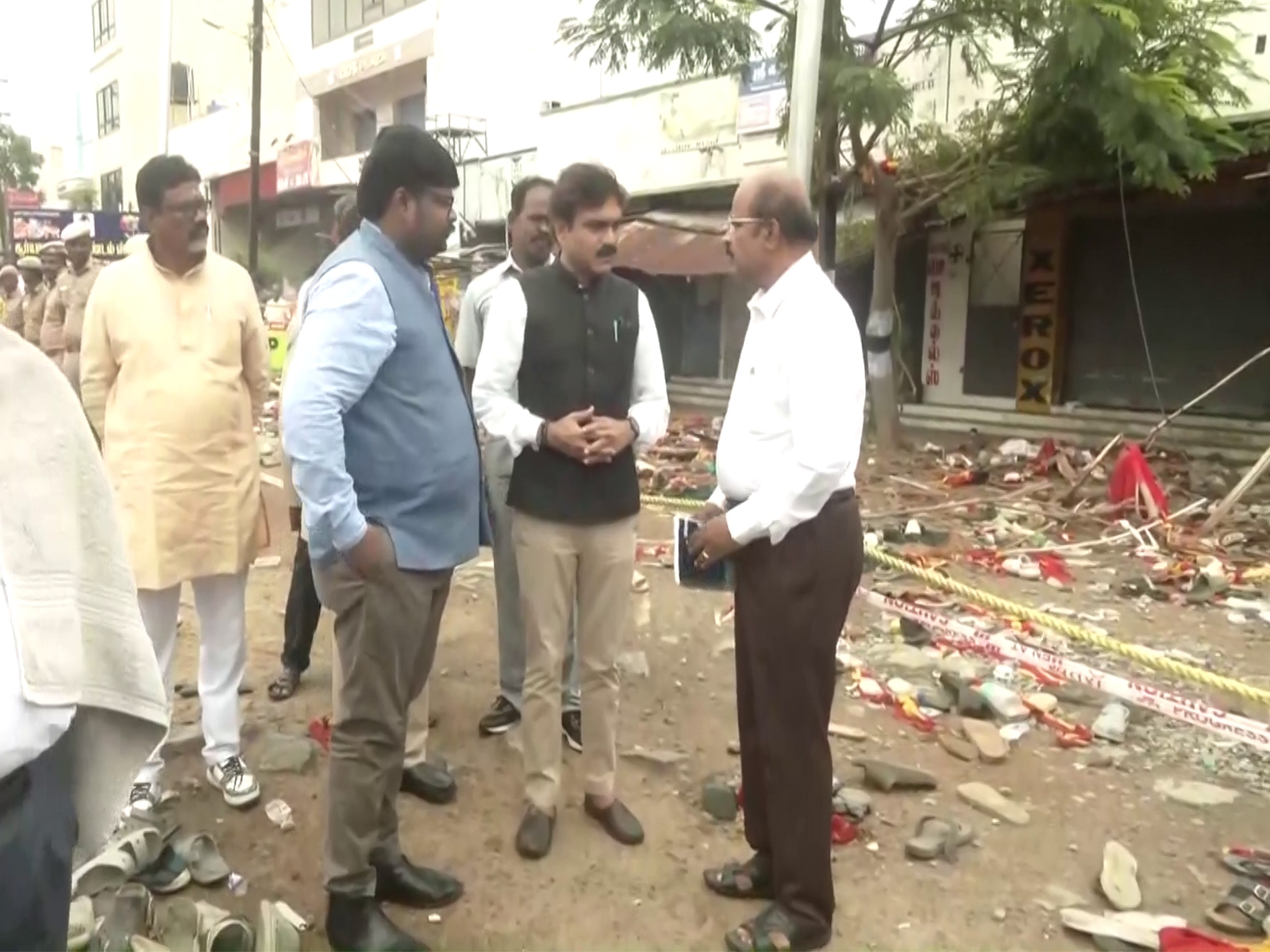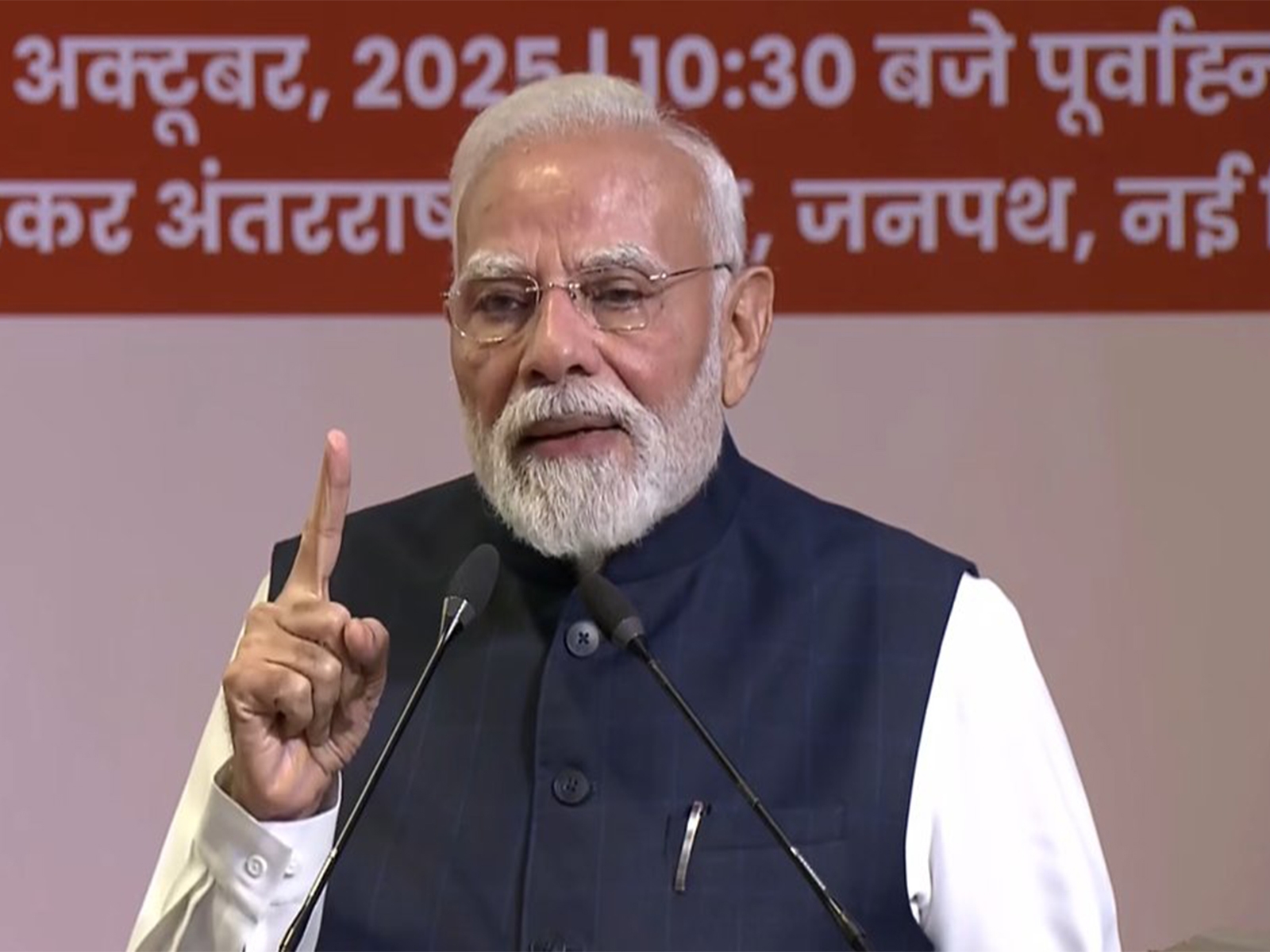Catch 2017: AAP expanded beyond home ground despite setbacks

This was a year of setbacks for the Aam Aadmi Party (AAP), but there is a lot to be read between the lines. In the fifth year of its formation, the party displayed a lot of ambition and tried hard to expand beyond home-ground Delhi.
In these efforts, popular expectations from the party were belied because of electoral losses. However, the expansion was nevertheless achieved because the party succeeded in marking its presence in several areas beyond Delhi.
Apart from electoral setbacks, AAP faced all kinds of hurdles, including CBI raids, obstructionism by the Centre, a defamation case filed by a Union Minister, defections and coup attempts from within.
However, the party did not allow these distractions to block its governance agenda. Education and health were areas of focus for the AAP-run Delhi government and a lot of work done in Delhi has generated a buzz in other states as well.
Here is a more detailed look at the fledgeling party's journey through India's tricky political terrain in 2017:
Two critical Assembly polls –
The year began with two tests at the hustings, in Punjab and Goa. AAP put all it had in setting up an organisational network in both states, reaching out to voters, grasping their issues and then promising solutions.
It even made one of its MLAs in Delhi resign to contest in Punjab. Jarnail Singh eventually lost both his original seat, Rajouri Garden, and the contest in Lambi, Punjab. AAP also failed to take Rajouri Garden back in the by-poll that came later, losing to BJP and SAD's joint candidate.
In Goa, all efforts came to nought as the party failed to win a single seat. The only gain was a vote share of 6.3% in a state where the party had zero presence earlier.
In Punjab, the performance was disappointing but not the foray. This was the only state that had sent AAP to the Lok Sabha in 2014, raising expectations that it might have in store a thumping endorsement for the party for the state polls.
However, AAP didn't win Punjab, even as the people did throw the ruling Shiromani Akali Dal (SAD) out. It was the Congress that got a resounding mandate, with the AAP bagging second place. AAP won 20 of the 117 seats and a 23.7% vote share. In spite of the failure to come to power, this result did enable AAP to conclusively establish its presence in one more state after Delhi. It is the largest Opposition party in the state now.
A battle at home-ground –
Just a month later, elections to the three municipal bodies in Delhi were held and the situation there was, in many ways, like Punjab. With a brute majority in the state Assembly, AAP failed to grab the number one spot in the municipalities.
BJP retained power in all three civic bodies, with 64 seats in North, 70 in South and 47 in East. However, AAP did succeed in winning 21 seats in North, 16 in South and 12 in East, relegating the Congress to the third spot.
Inner feud –
In the middle of the year came the revelation that the party had been facing a huge internal crisis for some time. Kapil Mishra, MLA from Karawal Nagar, turned from a loyalist of AAP convenor and Delhi Chief Minister Arvind Kejriwal to a rebel, overnight.
Mishra levelled several corruption allegations against Kejriwal and other AAP leaders and even handed over some documents to the Delhi Police's Anti Corruption Branch. Later, sources in AAP revealed that Mishra was just a pawn possibly in the hands of the BJP, in a conspiracy to trigger a feud within AAP and destabilise the party.
AAP eventually averted the crisis and kept its flock together. Neither was Mishra expelled from the party nor did he resign, but he continues to be in the rebel mode.
Another cog in this wheel of intrigue was one of the AAP's founder members, Kumar Vishvas. AAP's Okhla Amanatullah Khan accused Vishvas of trying to break and usurp AAP. Several other party leaders have since then attacked the poet-politician without naming him.
Vishvas, on his part, says the party has strayed from its founding values and he intends to put the party back on its original track.
A reassurance in Delhi –
In August, the Bawana assembly constituency saw a by-poll, necessitated following ex-AAP MLA Ved Parkash's decision to resign from the Assembly and the party to join BJP. AAP won the seat back and with a reassuring margin of 24,000 votes.
A reluctant experiment in Gujarat –
Gujarat was another state from where a lot of buzz for AAP had been reported. Kejriwal's rallies in the state earlier in the year were very well-attended. However, the party wasn't sure about the state till the eleventh hour, announcing at first its intention to contest on all seats but eventually limiting it to just 29 out of the total 182 seats.
The campaign was also half-hearted, making the voters respond with equal lack of enthusiasm. AAP didn't just win no seats in Gujarat, most of its candidates lost their deposits. All that the party got was a vote share of 0.0003%.
A small window opens in UP –
Uttar Pradesh was always on AAP's radar, with Kejriwal himself contesting the Lok Sabha polls from Varanasi. However, the party didn't contest the Assembly polls in February-March, too exhausted by the contests in Goa and Punjab.
Where it did test waters in UP was in the polls to its municipal bodies, in November. BJP swept the polls, but AAP made a praiseworthy debut, winning a total of 44 seats across various bodies.
Struggle for real power in Delhi –
A running feud with the Lieutenant Governor has been the hallmark of the AAP-government in Delhi. This continued in 2017, with former Union Home Secretary Anil Baijal taking charge in the Raj Niwas.
Baijal stalled and rejected several AAP proposals and also cleared some. In fact, the year ended with the LG's office returning Delhi government's proposal for home-delivery of services but approving the plan to provide free treatment to medico-legal victims of road accidents, acid attack and burn injuries.
A judicial struggle to determine just how much power do the elected government and the LG have is still on, with the Supreme Court having reserved its judgment in the case.
Interestingly, leaders of several parties flagged this hostility of the centre towards the Delhi government in speeches in Parliament in December. “The Lt. Governor treats the chief minister like a peon”, said Samajwadi Party member Naresh Agarwal.
Focus on health and education –
The AAP-government continued the work initiated in the areas of health and education and succeed in getting national as well as international attention. Reporters covering elections in Gujarat have recounted how there was a strong buzz in the state over the transformation that government schools in Delhi were reportedly going through.
In the health sector, the Aam Aadmi Mohalla Clinics where medicines, diagnostics, and consultation are provided free of cost have been taken note of at the international level. The concept was even appreciated in the prestigious medical journal in the UK, The Lancet.
For 2018, an end to the acrimonious relationship between the AAP-led Delhi government and the BJP-led Union government does not appear in sight. The “who's the real boss” case is still pending, 2019 Lok Sabha polls are approaching and now with other Opposition parties also expressing support for AAP, the situation is likely to turn murkier.
AAP will be getting 3 more MPs in January as the party will finally get to occupy 3 seats in the Rajya Sabha that form Delhi's quota. Amid reports that at least seven well-known personalities have rejected AAP's offer to represent the party in the Upper House, there is a buzz that senior leader Sanjay Singh's name has already been finalised.
Edited by Jhinuk Sen
AAP के वरिष्ठ नेता संजय सिंह का नाम राज्य सभा के लिए तय हुआ, बाकी दो नाम पर पार्टी में मंथन जारी।
— Sharad Sharma (@sharadsharma1) December 30, 2017
In a nutshell, 2018 looks to be an exciting year for AAP.
Edited by Jhinuk Sen
First published: 30 December 2017, 21:57 IST



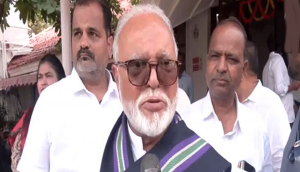
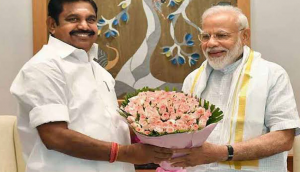
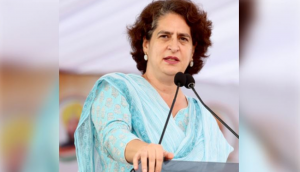
![BJP's Kapil Mishra recreates Shankar Mahadevan’s ‘Breathless’ song to highlight Delhi pollution [WATCH] BJP's Kapil Mishra recreates Shankar Mahadevan’s ‘Breathless’ song to highlight Delhi pollution [WATCH]](https://images.catchnews.com/upload/2022/11/03/kapil-mishra_240884_300x172.png)

![Anupam Kher shares pictures of his toned body on 67th birthday [MUST SEE] Anupam Kher shares pictures of his toned body on 67th birthday [MUST SEE]](https://images.catchnews.com/upload/2022/03/07/Anupam_kher_231145_300x172.jpg)





